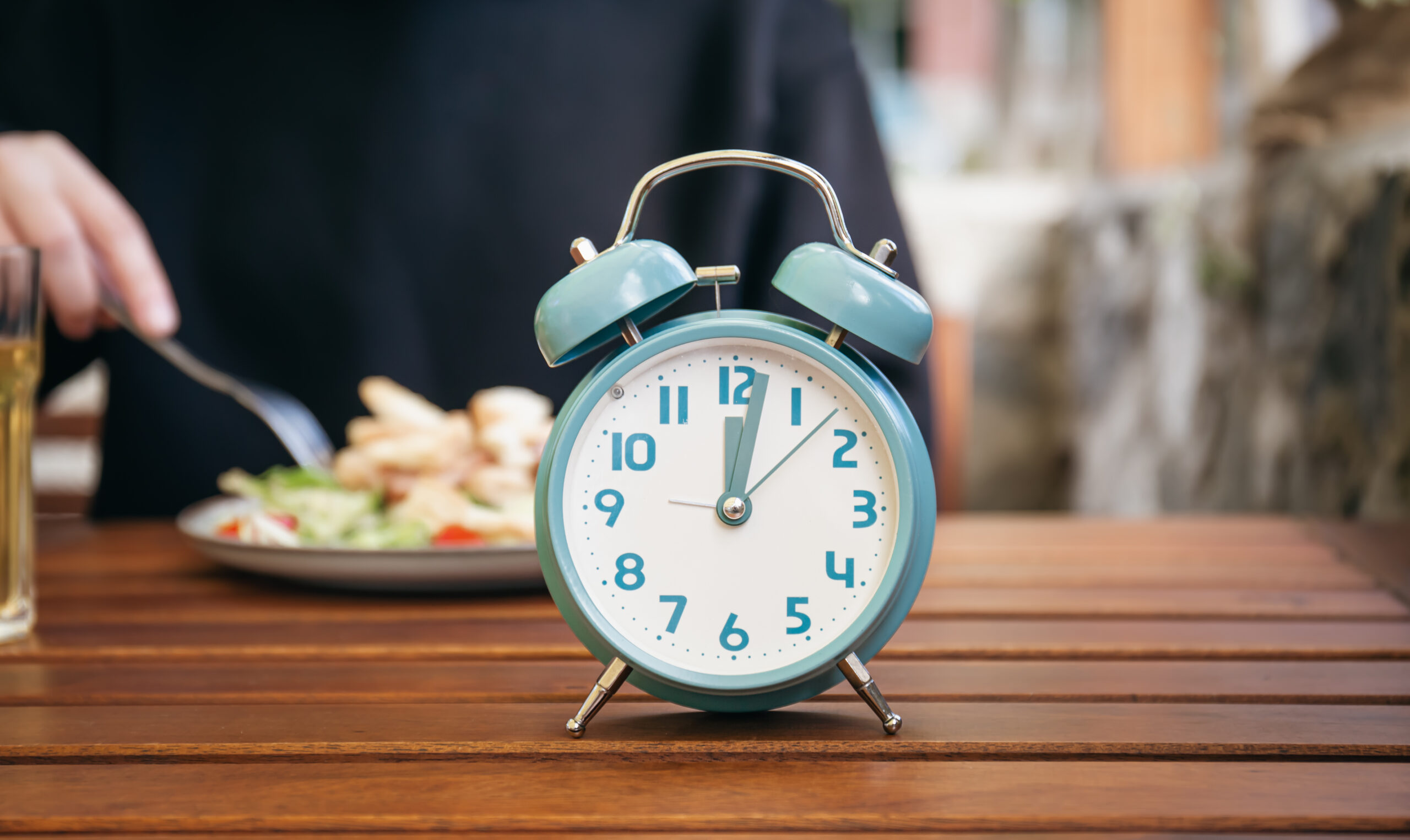Most people turn to Body Mass Index (BMI) when they want to figure out what their ideal weight should be for their height. It’s fast, simple, and often used by doctors. But here’s the catch—it’s not the whole story. BMI doesn’t account for muscle mass, fat distribution, or overall body composition. That means it can be misleading, especially if you’re athletic or naturally muscular.
If you’ve ever felt confused about your “healthy” weight range, you’re not alone. Let’s break it down in a way that actually makes sense for real people living real lives.
Table of Contents
BMI
BMI is calculated by dividing your weight in kilograms by your height in meters squared. A result between 18.5 and 24.9 is usually considered a healthy range. But just because you fall into that bracket doesn’t automatically mean you’re in peak health.
For example, a bodybuilder might have a BMI that labels them as overweight, even though they have very little body fat. On the flip side, someone with a “normal” BMI could still have a high percentage of abdominal fat—a known risk factor for heart disease and diabetes.
So, while BMI is a decent starting point, it shouldn’t be the only tool you use.
Limits
Recent studies, including one published in The Lancet Diabetes & Endocrinology, show how BMI alone can misclassify your health. It misses important clues like where your fat is stored and how much lean muscle you have. These factors are vital in assessing your real risk for chronic illnesses.
This is where waist circumference and body fat percentage come in. These give a clearer picture of whether your weight is contributing to health problems or not. So, it’s time to stop obsessing over the number on the scale and look at the full picture.
Methods
Looking for a better way to assess your ideal weight for height? Here are some alternative tools you can use alongside BMI:
- Waist circumference – A waist size above 40 inches for men and 35 inches for women is considered risky.
- Waist-to-hip ratio – A useful indicator of fat distribution.
- Body fat percentage – Helps separate fat from muscle mass.
- Bioelectrical impedance analysis (BIA) – Often found in smart scales.
- DEXA scan – Highly accurate but usually done in clinical settings.
Combining these methods gives you a clearer sense of how your body is truly doing.
Ranges
Still wondering where you might fall in terms of weight? Here’s a quick look at general healthy weight ranges based on height. Remember, these are just averages and not the final say.
| Height | Healthy Weight Range (lbs) | Healthy Weight Range (kg) |
|---|---|---|
| 5’2” | 104–135 lbs | 47–61 kg |
| 5’6” | 118–150 lbs | 53–68 kg |
| 5’10” | 132–174 lbs | 60–79 kg |
Again, adjust these ranges based on muscle mass, lifestyle, and medical conditions.
Lifestyle
Your lifestyle choices have a big say in your ideal weight. A balanced diet, regular exercise, and good sleep all help maintain a healthy body composition.
- Diet: Focus on protein, healthy fats, and fiber.
- Exercise: Strength training and cardio both matter.
- Sleep: Poor sleep can mess with your hormones and metabolism.
- Stress: Chronic stress raises cortisol, which can lead to belly fat.
Also, don’t forget genetics. Some people naturally carry more weight, and that’s not necessarily a bad thing. What matters is how that weight affects your overall health.
Guidance
If you’re not sure what your ideal weight should be, it’s a good idea to talk to a healthcare professional. They can help you go beyond just numbers and look at your full health picture. From reviewing your diet and exercise habits to checking for underlying issues, professional guidance can make a big difference.
Don’t rely on one-size-fits-all charts or online calculators. Everyone’s body is different, and your ideal weight should be personal to you.
Figuring out your ideal weight is about more than BMI. It’s about understanding your body, your lifestyle, and your unique health needs. Combine tools like waist measurement, body fat percentage, and lifestyle assessments to get the full picture. When in doubt, check in with a professional. Your health is more than a number—it’s a balance of many factors working together.
FAQs
Is BMI a reliable health indicator?
Not always. It ignores fat distribution and muscle mass.
What is a healthy BMI range?
Between 18.5 and 24.9 for most adults.
How can I better assess my ideal weight?
Use waist size, body fat %, and lifestyle factors too.
Does muscle affect BMI results?
Yes, muscle can raise BMI without indicating poor health.
Should I consult a doctor for ideal weight?
Yes, they can provide a full health assessment.














